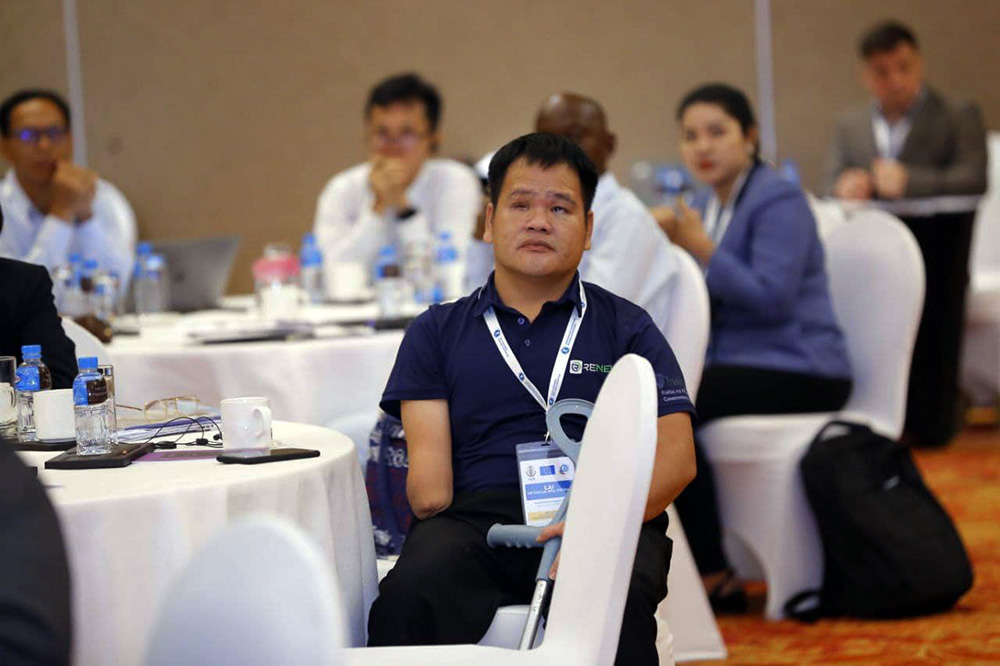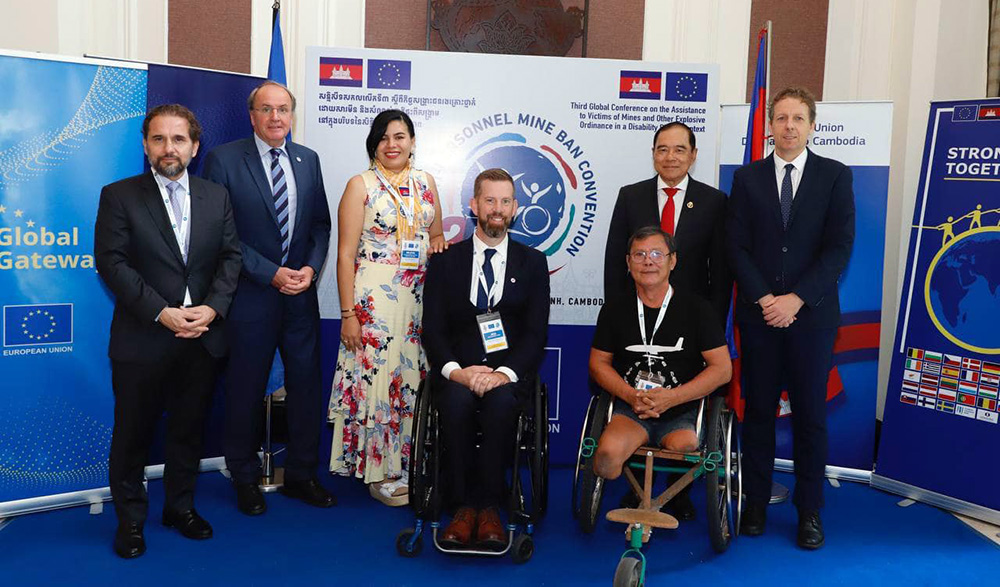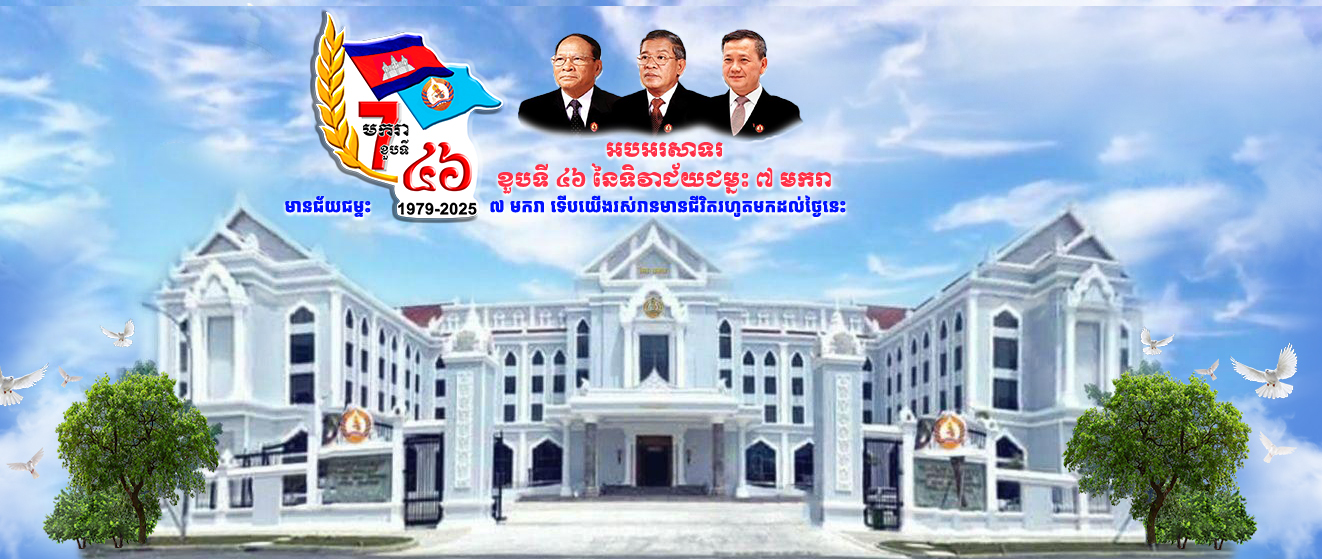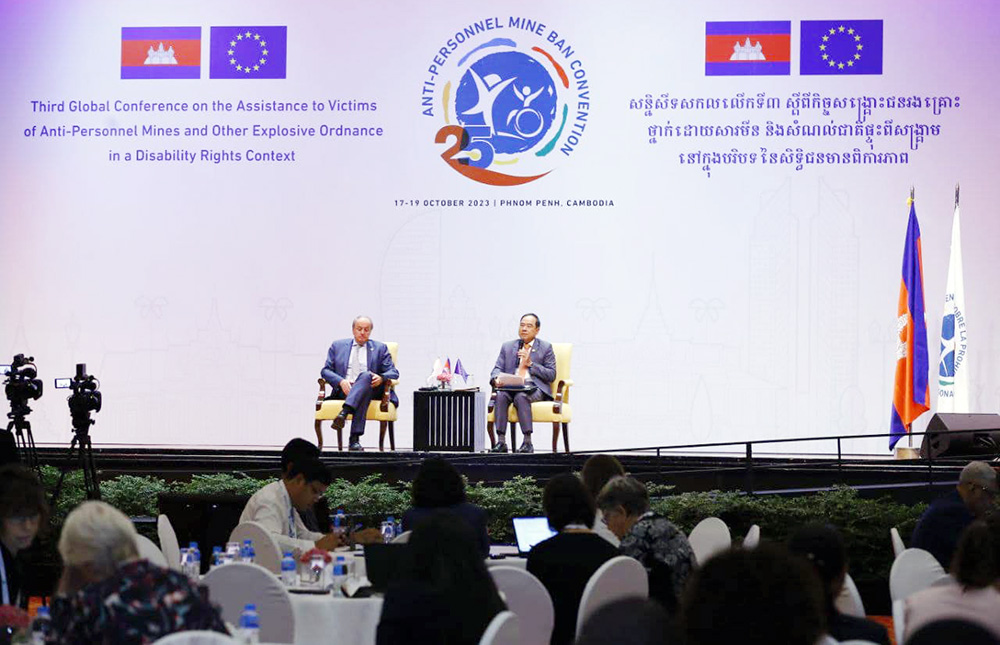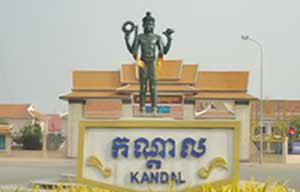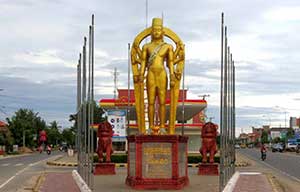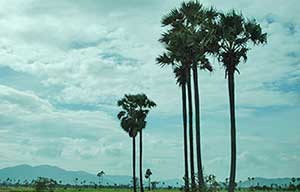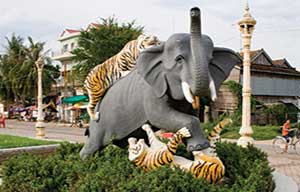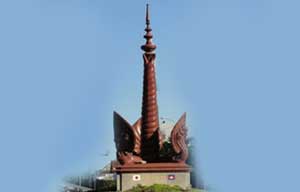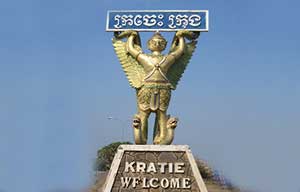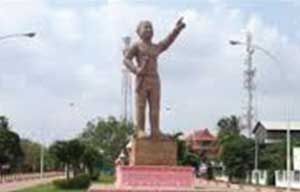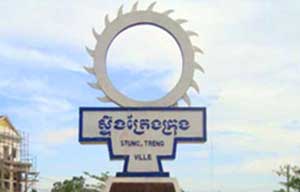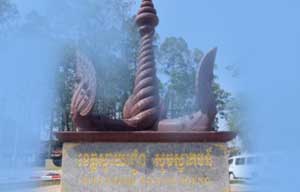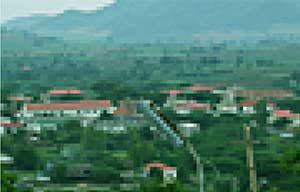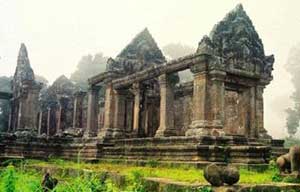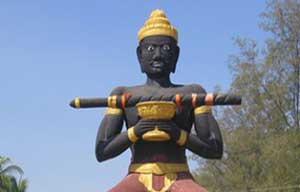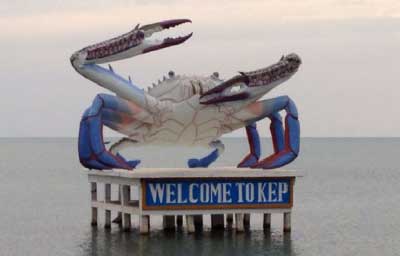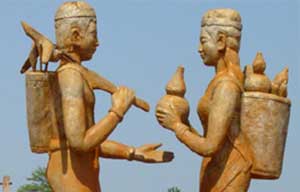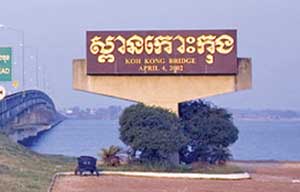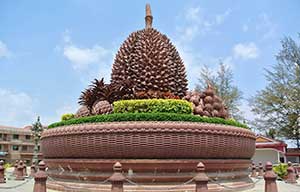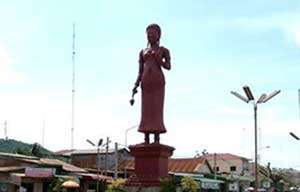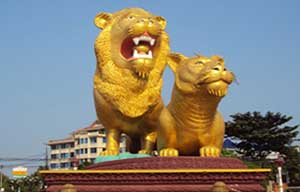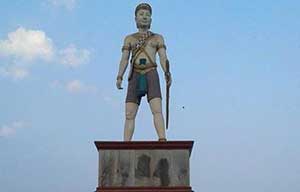Over 200 representatives of States and civil society including dozens of landmine survivors are meeting here until Oct. 19 to discuss policies to better support survivors and other persons with disabilities in countries that are or have been affected by anti-personnel mines and other explosive ordnance.
The three-day Global Conference on Assistance to Victims of Anti-Personnel Mines and Other Explosive Ordnance in a Disability Rights Context: For Greatre Inclusion, is carried out in the framework of the Convention on the Prohibition of Anti-Personnel Mines, according to a press release from the Delegation of the European Union to Cambodia on Oct. 18.
The treaty has a membership of 164 countries or more than 80 percent of the world’s states and seeks to end the suffering and casualties caused by these weapons.
The Conference is hosted by Cambodia and co-chaired by Germany as incoming and current Convention Presidents respectively and is supported by a global project sponsored by the Council of the European Union (EU). Thanks to EU support, representatives of mine-affected States, including some of the poorest in the world, have been able to reach Phnom Penh so that their voices, concerns, and expertise can be heard.
H.E. Dr. Ly Thuch, Senior Minister and First Vice President of the Cambodian Mine Action and Victim Assistance Authority (CMAA), said that the victims of landmines are not mere statistics; they are living, breathing souls—mothers who cradle their children, fathers who protect their families, children with dreams yet to be fulfilled, hardworking farmers, and ordinary individuals who, through no fault of their own, found themselves in the cruel grip of destiny.
“These individuals carry the weight of both visible and hidden scars, etched into their bodies and eternally etched into their hearts by a chance encounter with a landmine. In the blink of an eye, their lives are transformed, and the world as they knew it shatters,” he continued.
The Conference is one of many activities worldwide supported by the EU.
“Through the mine ban Convention, the European Union has sponsored stakeholder dialogues in places like Bosnia and Herzegovina, Colombia, Guinea-Bissau, Iraq, Senegal, South Sudan, Sudan, and Uganda and is currently planning activities with ECOWAS, Yemen, and Zimbabwe,” said H.E. Igor Driesmans, EU Ambassador to Cambodia.
“Through these initiatives, all parties responsible for the wellbeing of mine-affected communities and survivors find a space to enter in dialogue or partnerships with one another. The Global Conference expands on this notion but through a global agenda,” he added.
Over 40 countries are represented at the conference including some heavily affected by explosive remnants of war including Afghanistan, Angola, Bosnia and Herzegovina, Cambodia, Colombia, Iraq, Jordan, Lao PDR, Lebanon, South Sudan, Sri Lanka, Ukraine, Viet Nam, and Yemen.
Organisations and structures contributing their expertise include the ASEAN Regional Mine Action Centre, Committee of the Rights of Persons with Disabilities, UN Office of the High Commissioner for Human Rights, UN Mine Action Services, World Health Organisation, the International Committee of the Red Cross, International Campaign to Ban Landmines, International Disability Alliance, and Humanity and Inclusion (formerly Handicap International) among others.
